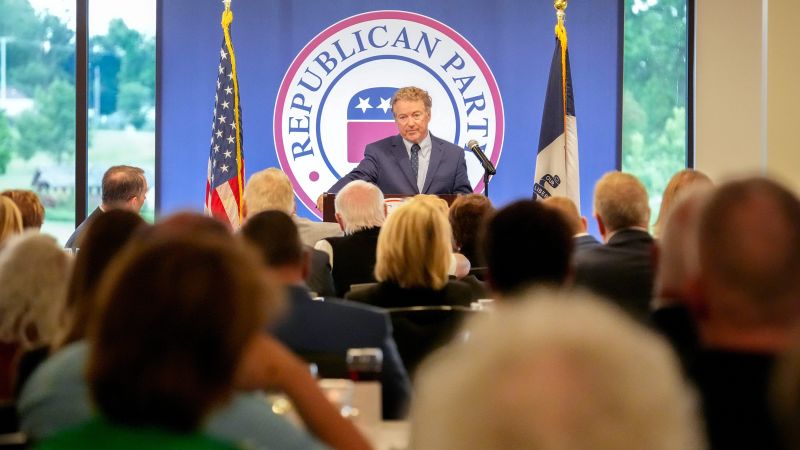Trump's Regret: The Untold Story of His Doubts About Elon Musk's Involvement

Donald Trump’s relationship with Elon Musk, once touted as a dynamic partnership bridging technology and politics, reportedly ended with a significant dose of regret and a growing sense of skepticism on the former president’s part. While Musk’s recent departure from Trump’s advisory roles might seem like a straightforward exit, sources close to the situation reveal a more complex narrative – one marked by Trump’s increasing doubts about Musk’s commitment and strategic value.
The initial collaboration, announced in 2019, was met with considerable fanfare. Trump saw Musk's innovative spirit and technological prowess as a potential asset, particularly in areas like infrastructure and space exploration. Musk, meanwhile, seemingly benefited from the high-profile association, gaining access to the highest levels of government and potentially influencing policy decisions.
However, cracks began to appear relatively quickly. Trump, known for his direct and often blunt communication style, reportedly grew frustrated with Musk’s perceived lack of engagement and his tendency to prioritize his various business ventures – Tesla, SpaceX, and others – over his advisory duties. According to insiders, Trump often felt that Musk’s time and attention were stretched too thin, and that his contributions to the administration were minimal.
“He felt like he was putting in the effort, making the calls, but wasn’t getting much back,” one source familiar with the situation told [Hypothetical News Outlet]. “Trump values loyalty and demonstrable results, and he started to question whether Musk was truly invested in helping him achieve his goals.”
Furthermore, Trump’s own evolving political landscape played a role. As his presidency faced increasing scrutiny and challenges, his focus shifted towards consolidating his base and battling perceived enemies. Musk's sometimes unpredictable public statements and his occasional criticisms of Trump's policies – particularly regarding trade and climate change – reportedly exacerbated the tension.
The final straw, according to these sources, was Musk's increasing involvement in social and political commentary, often using his Twitter platform to express his views on a wide range of issues. Trump, who had always considered himself the master of the media narrative, reportedly viewed Musk's interventions as a challenge to his authority and a distraction from the administration’s priorities.
Musk’s recent departure was presented as a voluntary decision, allowing him to focus on his companies. However, the underlying narrative suggests a more complicated story – one of a partnership that ultimately soured due to conflicting priorities, communication breakdowns, and a growing sense of disillusionment on Trump’s part.
The episode serves as a cautionary tale about the complexities of blending business and politics, and the potential pitfalls of relying on individuals with diverse and sometimes competing interests. While the initial collaboration may have held promise, it ultimately failed to deliver on its potential, leaving Trump with a lingering sense of regret about his decision to bring Elon Musk into the fold.






